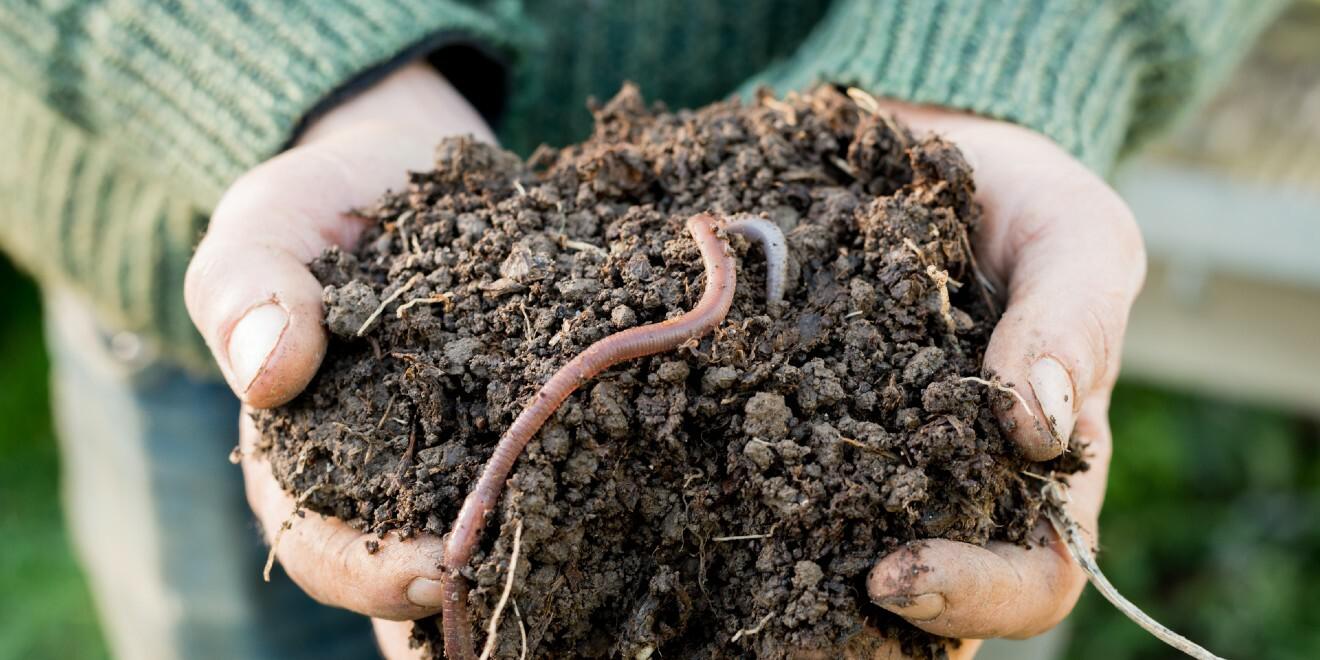Worms in the Soil – The Good, the Bad, and the Ugly
Posted by Mosquito Squad
June 24, 2024
When you think about worms, you might picture them as ugly yet benevolent soil dwellers enriching the dirt, but not all worms contribute positively to your yard or garden. Some are allies in your quest for lush, healthy plant life, but others are enemies.
Mosquito Squad is here to guide you through the basics of good and bad worms in the garden soil. Keep reading to learn more about identifying different types of worms in the garden and how to keep the bad worms away.
Are Worms Good for Plants?
Some worms are. They play a crucial role in enhancing soil health and plant vitality by aerating the soil and enhancing nutrient cycling.
Unfortunately, some worms are pests that feed on plant roots and stunt growth.
Signs that indicate worms are benefiting your garden include improved soil structure, increased organic matter decomposition, and healthier plant growth. On the other hand, signs of damaging worm activity include unexplained plant wilting, visible root damage, and poor plant development.
Related Blog: Attract the Bugs You Want with Flowers for Pollinators
What Are the Benefits of Good Worms in Your Soil?
Many worms are known for their positive contributions to a healthy soil as some help by breaking down organic matter and improving the soil’s drainage and aeration. Get to know three of the best good worms:
- Earthworms – Often called the “gardener’s best friend,” earthworms are easy to identify with their long, segmented bodies. The benefits of earthworms in the garden include improved soil structure and fertility due to the worms breaking down organic matter and excreting nutrient-rich castings.
- Red Wigglers – These small worms have a reddish color and are ideal for compost bins because they expedite the composting process. Their special skill is turning yard waste and kitchen scraps into nutrient-rich compost that can support plant growth and a healthy garden.
- Nightcrawlers – Larger than most other worm types, nightcrawlers are identified by their extensive burrowing, which benefits your garden by improving soil aeration and drainage.
Should I put worms in my garden?
Yes! Adding beneficial worms to your garden soil promotes healthier plants, so go for it!
Related Blog: Bugs We Love Because They Help the Environment
What Are the Risks of Bad Worms in Your Soil?
While some worms in soil are great for compost and aeration, others can hurt your soil as they feed on beneficial bugs, plant roots, and nutrients in your soil. Here are four worm types that are harmful to your garden:
- Land flatworms – Dark and slimy, flatworms can grow up to 20 inches long! They’re predators that feed on beneficial earthworms and slugs. They can negatively impact soil quality and reduce pollination in your garden.
- Asian Jumping Worms – This invasive species is recognized by a white band around their body and snake-like movement, jumping worms are found in the upper levels of soil and remove nutrients from topsoil. This changes the chemistry of soil and removes valuable nutrients, which ultimately harms the development of plants.
- Armyworms – While armyworms are a species of moth, during their caterpillar phase they are often mistaken for small worms with stripes. Armyworms travel in groups and devour everything in their path, from leaves to crops.
- Root-Knot Nematodes – These microscopic worms attack plant roots and cause knots or galls (abnormal outgrowths) that can stunt plant growth. You may need to test the soil to confirm their presence.
Defend Your Garden Against Bad Worms
While fostering a thriving population of beneficial worms is great for your garden, managing the harmful ones is equally important. If you suspect harmful worms are turning your garden into their playground, the Mosquito Squad near you has the pest control solutions you need.
Our traditional misting spray service can be used to manage many pests, including garden-damaging worms. Our spray helps get rid of pests on contact and continues to deter them for up to 21 days. We take a targeted approach to pest control to ensure we only treat areas that are infested with pests or may become a problem, then leave other portions of your yard in peace.
Contact The Squad today at (877) 332-2239 or request a quote online to get started!
